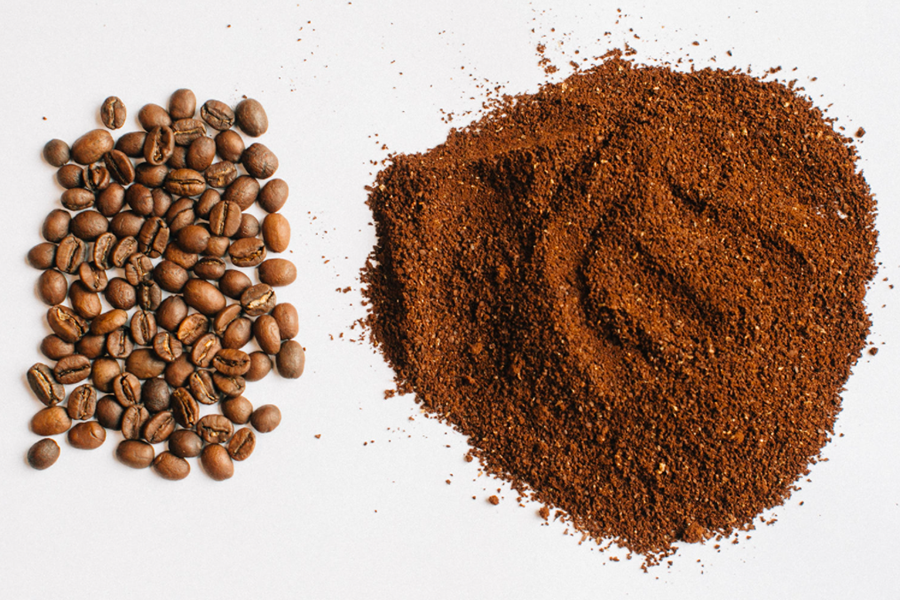$28.95
Tasting Notes: Jasmine Tea, Guava Juice, Peach Candy
This outstanding lot produced by Angie Hernandez is bursting with saturated, ripe tropicals and stone fruits which are complimented by refreshing, sweet florals reminiscent of jasmine tea. Look forward to a high complexity, bright and fruit forward cup!
Country: Colombia
Region: Pitalito, Huila
Producer: Angie Hernandez
Varietals: Striped Colombia
Process: Nativio Washed (Thermal Shock)
Altitude: 1,870-2,000 MASL
Out of stock
Angie Hernandez
“In the world of the countryside, women have been an important pillar in coffee farming and over the years they have gained more spaces where they have demonstrated their leadership and empowerment. This is the case of Angie Hernández, an industrial engineer, in charge of the laboratory of the family business. Her role as a scientist has led her to experiment and improve fermentation systems at only 24 years of age. She is an important pillar of this company. “We women have shown that we are very capable, every day we take on more important roles within the union… The world of coffee is immense and seeing it through a microscope is incredible” said Angie Hernández. Olga Hernández, the eldest of the brothers, is today a leading woman, a representative in the coffee grower’s federation who stands out for her community work and the rescue of peasant rights in the territory.”
“Angie Hernández, the youngest of the family, is 24 years old and is an industrial engineer. At her young age, she is in charge of studying the world of microbiology, searching for fermentation techniques that will give the result of a cup of excellence. Her office is a laboratory in the mountains of the Brussels township and her experimentation space is the coffee plantations that her father cultivated for her.”
History of the Farm
It was 80 years and 5 generations ago when the Hernandez family arrived at the village of El Diamante in Huila, Colombia, with the goal of finding fertile land to plant the first seeds of the Los Nogales farm. As the family and the farm grew, it became clear that the passion and dedication of one person stood out; the youngest of 8 sons, Ricaurte Hernandez. Born on the farm in 1952, Ricuarte would soon realize his passion for specialty coffee and become one of the most renowned producers in Colombia. Throughout the years, Ricaurte worked to produce and innovate specialty coffee in the area, showcasing the potential of the land in Huila. All of his dedication would come to fruition in 2005 at the Colombian Cup of Excellence competition, in which Los Nogales would be awarded first place, truly cementing Huila as a nucleus for specialty coffee.
The “Thermal Shock” Process
The harvesting is done by a team of 30 collectors who hand pick the coffee for perfect ripeness, then deliver it to the mill for processing, where the coffee is cleaned and sorted for quality. At this stage the coffee is subjected to a “Thermal Shock” process, where the cherries are submerged in alternating hot and cold water baths, 80C for 20 seconds then cold water for 3-5 minutes. This increases the release of glucose from the grains and also eliminates any unwanted microorganisms. Next, the coffee is pulped, meaning the fruit is removed, and the beans are mixed with a sugar obtained from the husks of the coffee to prepare them for fermentation. The addition of these sugars helps to feed the microorganisms during fermentation, greatly improving the results. This fermentation stage lasts 120 hours, and, while the microorganisms break down the sugars, the complex flavour profile is developed. After the fermentation stage, coffee is spread out to dry under close monitoring.
| Weight | 0.5 lbs |
|---|---|
| Dimensions | 12 × 6 × 0.5 in |
| Origin | |
| Process | Washed |
| Bag Size | 227g |














